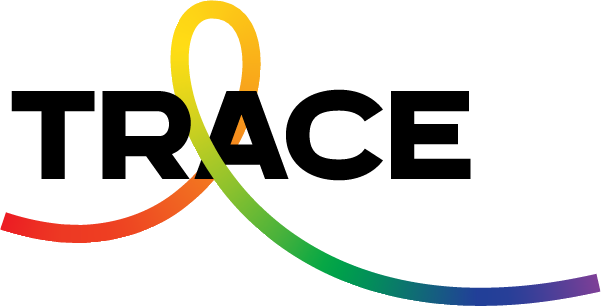About /
Theoretical Framework
In recent years, ageing has been considered a priority area in both governmental policies and research agendas. Sitting at the intersection between Gender and LGBTQI+ Studies and Age, Ageing and Life-course Studies, and bringing together distant memories and the current daily management of intimate life, TRACE sociologically explores the impacts in later life of growing up in a time when legal recognition was not available for LGBTI+ people.
LGBTQI+ older adults carry a unique embodied knowledge of struggle and resistance, offering a precious lens through time, from once criminalised outlaws to the intimate citizens of today, having endured a variety of challenges, including the AIDS pandemic and related stigma, anti-gender ideology and populist setbacks.
Taking queer citizenship as a set of criteria through which democracies can be evaluated, TRACE also explores the extent to which the EU has influenced local political and socio-legal advancements in LGBTI+ rights, narratives and experiences over time. To respond to this aim, TRACE develops an innovative age-sensitive, analytical lens focused on ageing, ageism and age-related LGBTI+ politics through which progress and backlash in countries that experienced substantial changes in their intimate citizenship regimes will be investigated.
